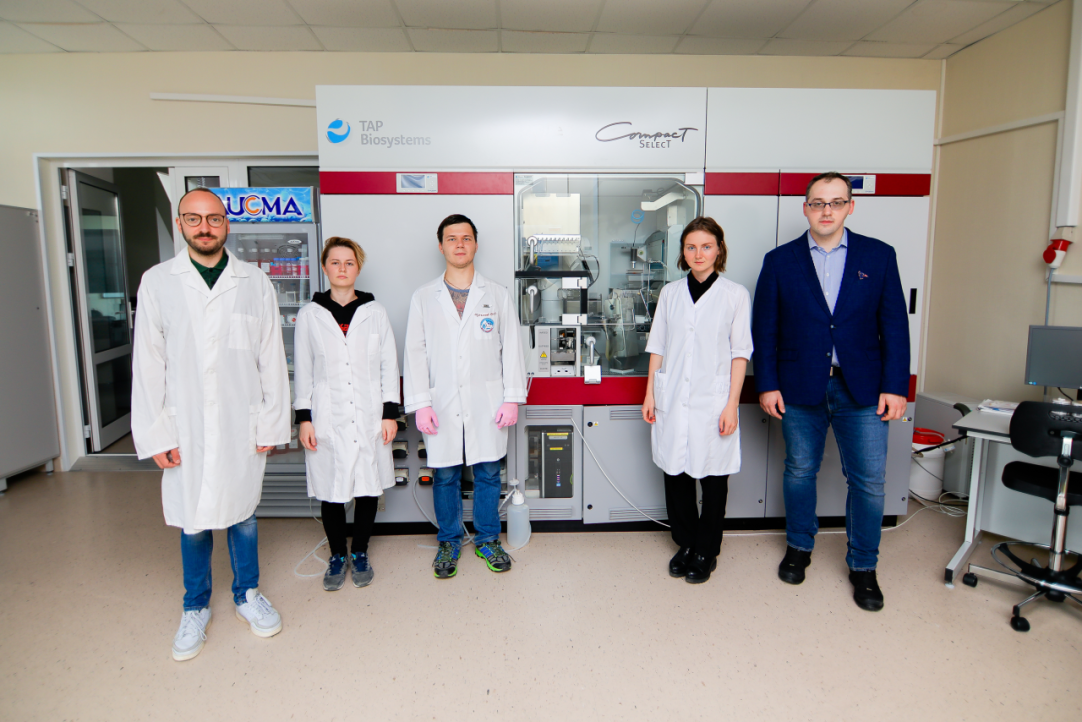Higher School of Economics (NRU HSE) researchers with colleagues from the Far Eastern Federal University (FEFU) are creating a test system to study the toxicity of drugs and their permeability through the intestines. Universities equally finance joint research projects within the framework of the Mirror Laboratories competition, initiated by the Higher School of Economics
International Laboratory of Microphysiological Systems of the National Research University Higher School of Economics staff with their colleagues from the Laboratory of Microphysiological Systems from FEFU are going to create an innovative microfluidic test platform "intestines on a chip". With the use of this platform, scientists propose to study in real time the interaction of biologically active molecules with intestinal tissues and assess the toxicity and permeability of drugs through the barrier tissue of the small intestine. Due to this development, it would be possible to move away from ethically questionable and resource-intensive drug testing on animals and humans.

September 2020, work on the Mirror Laboratories project have successfully begun in the laboratories of the HSE and FEFU. The staff began their project on creating a bank of cell lines and providing the laboratory with equipment for future research. The research team included 7 students of the School of Biomedicine, enrolled in the specialties "Medical Biochemistry" and "Medical Biophysics", the laboratory staff is training them to work with human cell cultures. Business trips of students from FEFU to the Higher School of Economics and vice versa are planned to exchange experience and conduct joint experiments and conferences.
From September 20 to October 03, as part of a business trip of Sergei Nikulin, senior researcher of the International Laboratory of Microphysiological Systems of the National Research University Higher School of Economics to the Far Eastern Federal University in Vladivostok, the work on cultures of human intestinal cells in the mirror laboratory of microphysiological systems was launched. As a result of the conducted experiment, it was demonstrated that the necessary conditions for successful cultivation and routine monitoring of the state of human intestinal cells were created in the laboratory. Recommendations for the purchase of additional equipment for routine manipulations with cell cultures and special equipment for working with in vitro models of barrier tissues were provided. Also, recommendations on the purchase of additional reagents and consumables were formed.
The draft methodology for assessing the toxicity of drugs on a model of the intestine under static conditions of cultivation in standard culture plates was developed.
A joint scientific seminar with colleagues from the laboratory of film technologies of the FEFU School of Natural Sciences was held. Based on the results of the seminar, 4 ferrite nanoparticles drugs with various modifications that could be suitable for use in the therapy of oncological diseases were selected for further toxicity assessment on an intestinal model.
A meeting with the rector of the FEFU, Anisimov Nikita Yurievich was held to discuss further development of laboratories and the popularization of the results of their activities..png)
.jpg)
.jpg)
